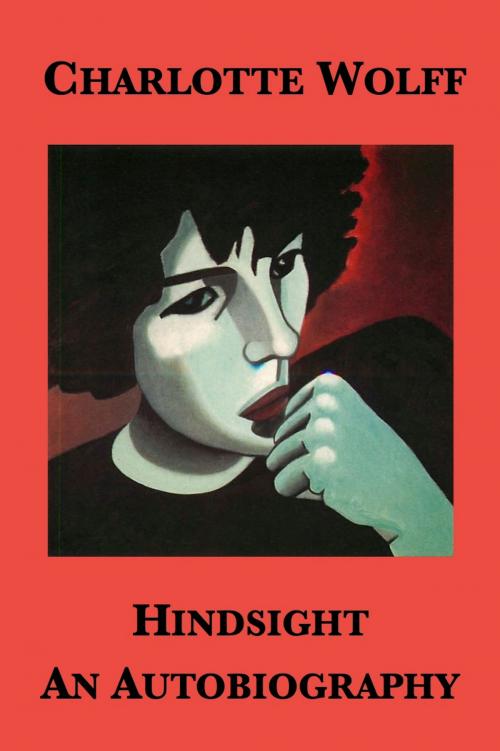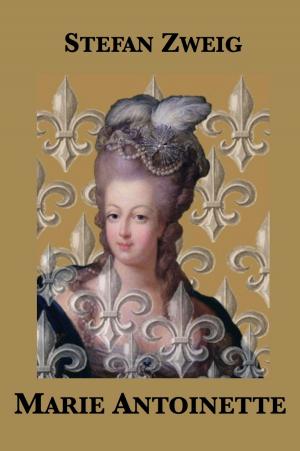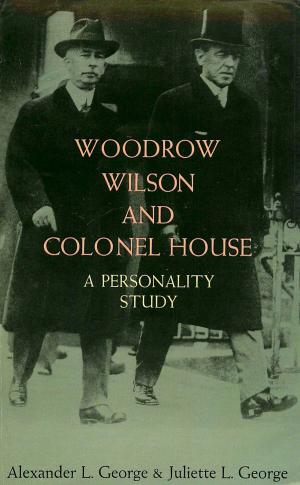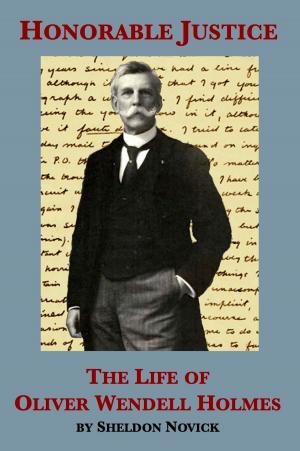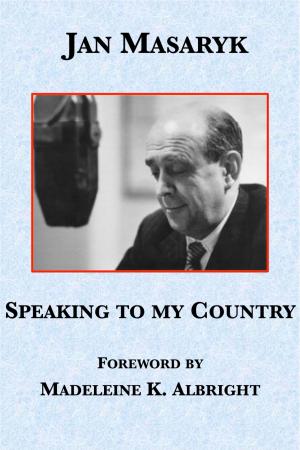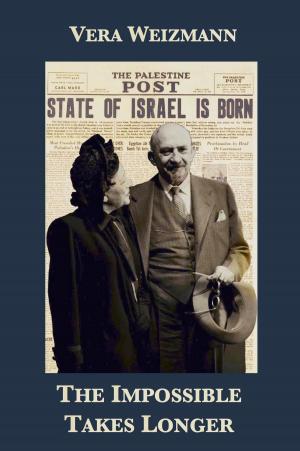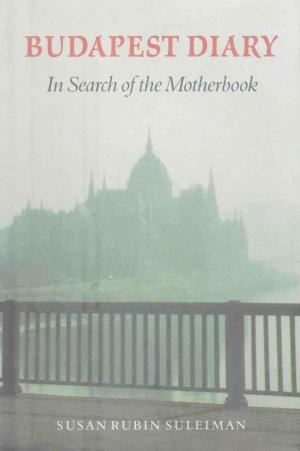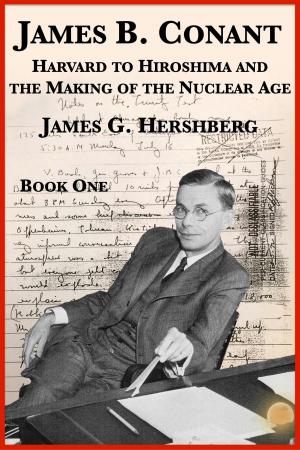Hindsight: An Autobiography
Nonfiction, Social & Cultural Studies, Social Science, Gender Studies, Lesbian, Biography & Memoir, Historical| Author: | Charlotte Wolff | ISBN: | 1230000203977 |
| Publisher: | Plunkett Lake Press | Publication: | December 19, 2013 |
| Imprint: | Language: | English |
| Author: | Charlotte Wolff |
| ISBN: | 1230000203977 |
| Publisher: | Plunkett Lake Press |
| Publication: | December 19, 2013 |
| Imprint: | |
| Language: | English |
Hindsight: An Autobiography by Charlotte Wolff (134,000 words; 13 illustrations)
Hindsight is the memoir of an outsider: a stateless person; a Jew; and, as Wolff called herself, a “conscious” lesbian. Love for women had been her inclination since she could remember and she writes that no one in her family questioned it. In Hindsight, she describes her girlfriends from Danzig of 1910 with the same candor as adult lovers she meets in Germany, France and England. She gives a vivid account of the years she spent as a physician and party girl in Weimar Berlin, her friendship with Walter and Dora Benjamin, and her interest in chirology (the study of hands) and sexology.
Wolff writes movingly about Jewish identity and history, medicine, psychotherapy, and her life as a 20th century lesbian. She is particularly insightful about how statelessness affects the psyche. She probes her attraction to glamorous friends such as the fashion journalist Helen Hessel (Kathe of Jules and Jim) and Baladine Klossowska (mother of the painter Balthus) in Paris. She describes the wartime refugee colony of Sanary, France and the Quakers, Surrealists, Thomas and Heinrich Mann, and Maria and Aldous Huxley whom she met there. When she moves to London in 1936, her medical degree is not recognized and she reads hands for a living, including the hands of Virginia Woolf, Sybille Bedford, and the Duchess of Windsor, before becoming a researcher at University College London.
Though reluctant to become what she called a “professional lesbian,” Wolff began to join same-sex political groups in the 1960s, after researching her book Love Between Women, published in 1971. Germans invited her to Germany and she ends her book with a detailed account of her triumphant return to Berlin at the age of 80. By turns discursive, narrative and confessional, this is a unique woman’s contribution to the social history of Jews, medicine, and psychotherapy.
Hindsight: An Autobiography by Charlotte Wolff (134,000 words; 13 illustrations)
Hindsight is the memoir of an outsider: a stateless person; a Jew; and, as Wolff called herself, a “conscious” lesbian. Love for women had been her inclination since she could remember and she writes that no one in her family questioned it. In Hindsight, she describes her girlfriends from Danzig of 1910 with the same candor as adult lovers she meets in Germany, France and England. She gives a vivid account of the years she spent as a physician and party girl in Weimar Berlin, her friendship with Walter and Dora Benjamin, and her interest in chirology (the study of hands) and sexology.
Wolff writes movingly about Jewish identity and history, medicine, psychotherapy, and her life as a 20th century lesbian. She is particularly insightful about how statelessness affects the psyche. She probes her attraction to glamorous friends such as the fashion journalist Helen Hessel (Kathe of Jules and Jim) and Baladine Klossowska (mother of the painter Balthus) in Paris. She describes the wartime refugee colony of Sanary, France and the Quakers, Surrealists, Thomas and Heinrich Mann, and Maria and Aldous Huxley whom she met there. When she moves to London in 1936, her medical degree is not recognized and she reads hands for a living, including the hands of Virginia Woolf, Sybille Bedford, and the Duchess of Windsor, before becoming a researcher at University College London.
Though reluctant to become what she called a “professional lesbian,” Wolff began to join same-sex political groups in the 1960s, after researching her book Love Between Women, published in 1971. Germans invited her to Germany and she ends her book with a detailed account of her triumphant return to Berlin at the age of 80. By turns discursive, narrative and confessional, this is a unique woman’s contribution to the social history of Jews, medicine, and psychotherapy.
